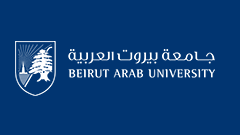Abstract
With many languages of the world becoming marginalized, discriminated against and at times even facing extinction, the linguistic landscape of the medical and health-care context suffers many challenges. Most prominently, when medical / health staff and their patients do not speak the same language, health-care disparities arise. With COVID-19 sweeping through the world, language barriers multiplied, access to information became a privilege conditional upon competence in English or one of the major world languages, people’s perception of the pandemic became confused and health care was adversely affected. This paper attempts a review of some of the research conducted on the impact of language obstacles on patients and the health care they receive, and the impact of linguistic inequities on the particular case of health care during the pandemic of COVID-19. Emphasizing the indispensable need for linguistic rights, the paper calls for a redefinition of health in linguistic terms, proposing the term “linguistic health” to address relevant issues. Strategies for multilingual health care and a medical responsiveness coupled with linguistic responsiveness are deemed an essential prerequisite for an all-inclusive global health culture.
Keywords
Linguistic Rights, Linguistic Diversity, Linguistic Health, Health Equity, Health Care, COVID-19
Recommended Citation
Helmi, Laila C.A.
(2021)
"LINGUISTIC DIVERSITY, EQUITY AND HEALTH: ‘DO YOU SPEAK COVID-19?’,"
BAU Journal - Society, Culture and Human Behavior: Vol. 3:
Iss.
1, Article 12.
DOI: https://doi.org/10.54729/2789-8296.1075

